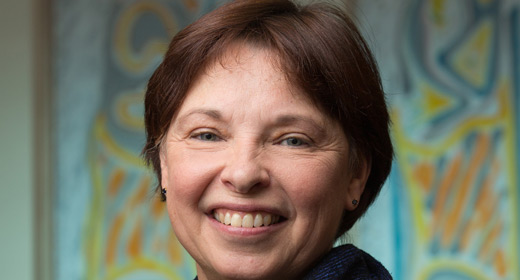
On April 9th, Professor of Public Policy Susan E. Waltz, a scholar and long-time leader in the field of human rights, describes "How Human Rights Went Global" in openSecurity. Waltz says the Universal Declaration of Human Rights isn't a document of western values imposed on the world, an argument used by many human rights abusers to discard the letter and intent of the Declaration. Rather, it "emerged from the wisdom of the post-war international crowd," a true reflection of international beliefs codified in international law.
As the process of drafting unfolded, Waltz points out, it truly became a universal effort: "Delegates from China, the Philippines, the UK, Australia and the USSR, for example, worked with their counterparts from Latin America to negotiate and articulate a list of socio-economic rights to be included in the declaration, resulting in the establishment of the right to food, clothing, shelter and medical care as well as social security, education and decent working conditions. Delegates from India, the Dominican Republic and Denmark were ardent defenders of gender equality and succeeded in replacing the phrase 'all men' with 'all human beings.' The Soviets and their allies in the Communist bloc meanwhile ensured that phrases like 'no one' and 'everyone' were inserted into the text of nearly every article, stamping the declaration with the language of non-discrimination. And the Egyptian delegate supplied phrasing for the preamble that most directly and unequivocally asserted the declaration's universality, mandating that rights were to be upheld everywhere." The input from non-Western, developing world states, in other words, was substantial and actually pushed the document to include more rights.
With this history in mind, Waltz argues that for current practitioners, "it is important to remember that the Universal Declaration was crafted not by one or two pairs of hands, and certainly not solely by Western hands, but is rather the product of a global co-operative effort and is thus the inheritance of all people everywhere."
For more information about the history of human rights policy, visit Human Rights Advocacy and the History of Human Rights Standards, a website developed by Susan Waltz and Carrie Booth Walling, a former Ford School postdoctoral fellow with the Michigan Society of Fellows.